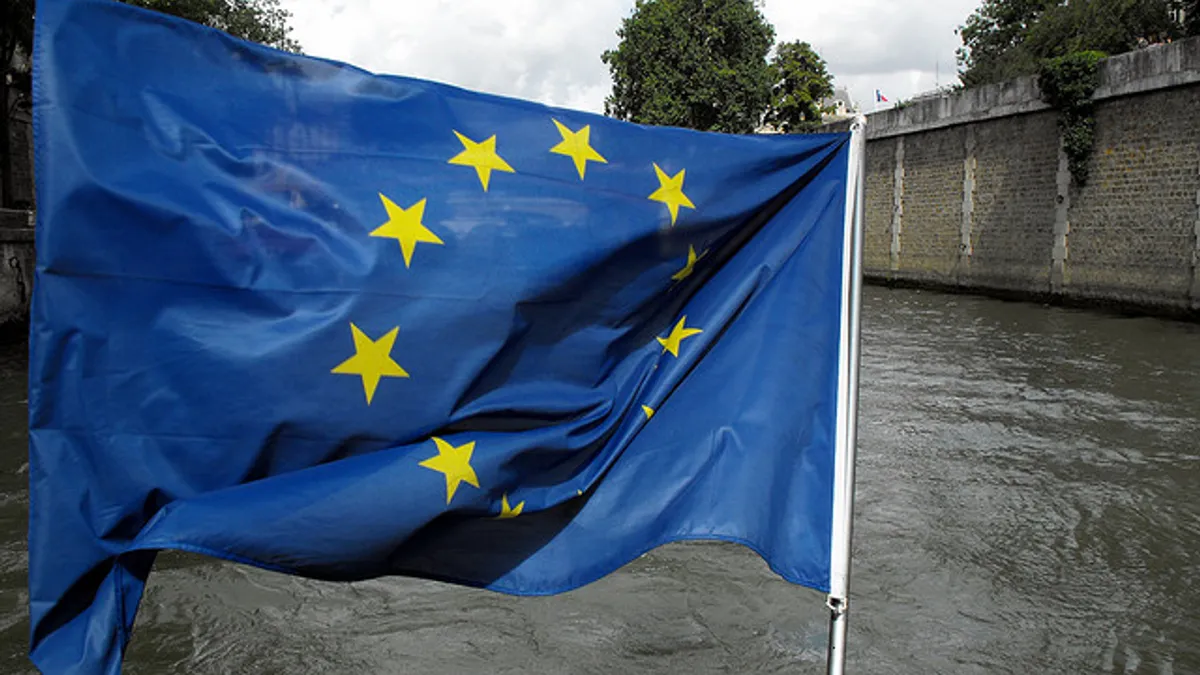Dive Brief:
- MedTech Europe is griping that proposed EU regulations on health technology assessments "will only create another layer of EU bureaucracy to be overcome."
- Negotiators for the European Parliament and Council recently reached an agreement on the HTA regulation, intended to support cross-border cooperation on the assessment of the value of health technologies.
- After years of talks, the policy is now nearing finalization. If passed, the law will mandate joint, European Union-wide clinical assessments of certain medical devices to inform national-level pricing and reimbursement decisions
Dive Insight:
HTA bodies are best known for their assessments of the value of new medicines, which can lead to countries choosing not to pay for approved products. Some of the bodies also play a role in assessing the value of new medical devices. The U.K. HTA body, for example, issued its first medical technology guidance in 2010.
The involvement of some HTAs in the assessments of medical devices led the European Commission to make medtech part of the regulation it proposed in 2018. By then, the device industry had already raised concerns about the application of a pharma-style HTA model to medtech.
Medtech lobbyists secured some concessions when the European Parliament amended the proposal, notably by restricting the types of medical devices and in-vitro diagnostics covered by the HTA joint assessment process. However, MedTech Europe still had concerns that it wanted to see remedied in the Council discussions.
After three years of discussions, the Council agreed on its mandate for negotiations with Parliament in March, leading to a provisional agreement between the two EU bodies late last month. The process has failed to generate a regulation that meets the demands of MedTech Europe.
The trade group's CEO Serge Bernasconi contends the law "will create a new regime of joint clinical assessments on medical technologies, without establishing a clear purpose for conducting such assessments at EU level." Bernasconi said it is critical to "arrive at clear and common ground" on the purpose of the assessments and to conduct assessments at the appropriate time.
MedTech Europe wants assessments to take place after the generation of real-world evidence that can show the value of a product. The trade group has been pushing that argument throughout the legislative process but the outcome remains unclear. Bernasconi said "establishing this purpose and timing is a case-by-case decision, needing to be tailored to each medical technology."
With the Council and Parliament reaching an agreement, MedTech Europe expects implementation of the regulation to start "soon." Once the regulation is adopted, it will come into force in a staged process over three years.











